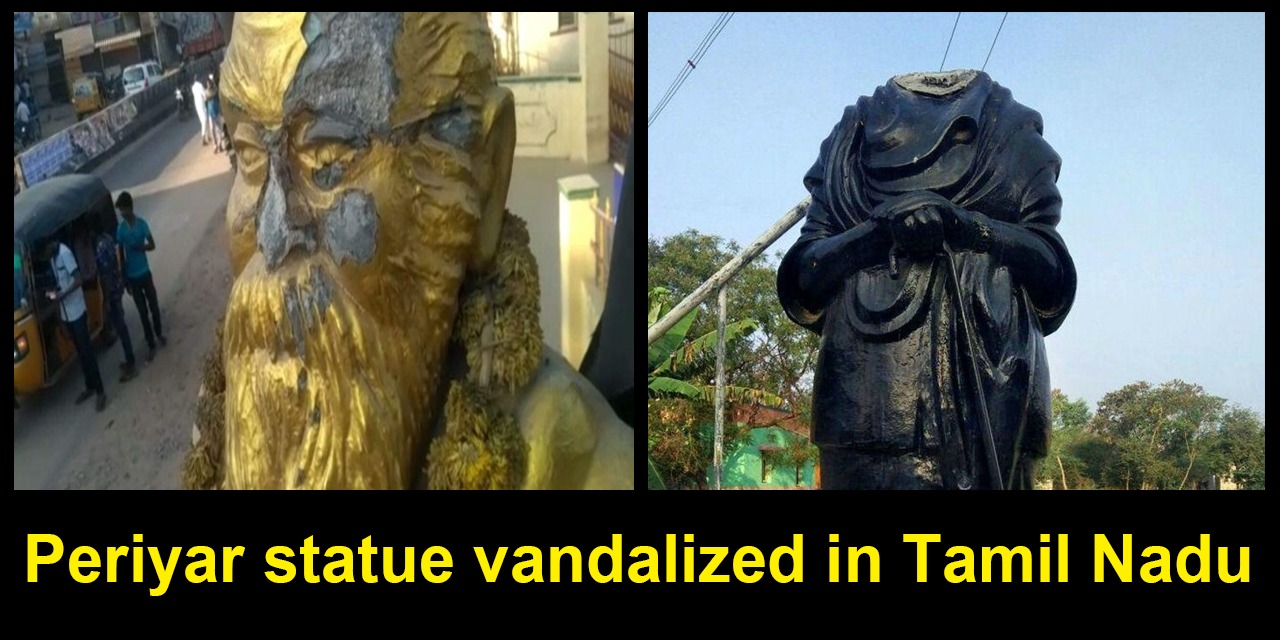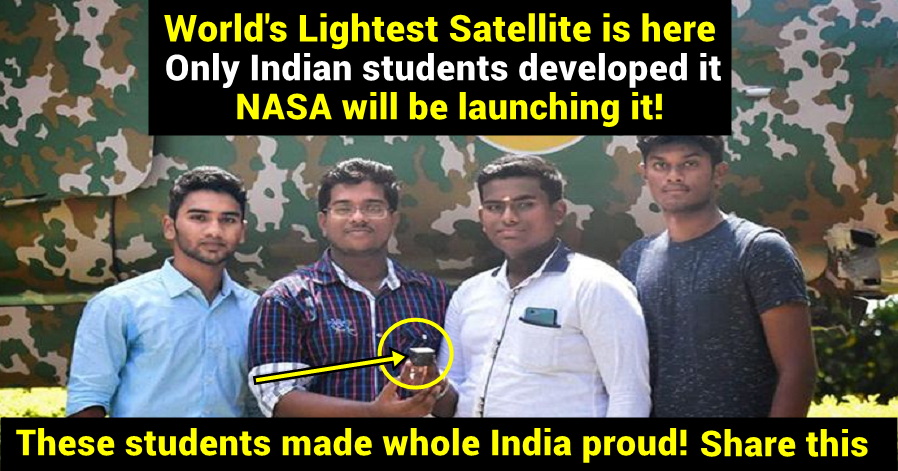No products in the cart.
Dalit girl raped by two Muslim men, forced to eat Beef, recorded on camera to blackmail her later
Women’s safety and social justice remain pressing concerns in Indian society, requiring continuous attention and reflection. The recent Bareilly case has shocked everyone in which a horrifying incident happened with a Dalit girl.
Earlier this week, an extreme cruelty incident occurred in Uttar Pradesh’s Bareilly district against a Dalit woman. She was allegedly raped and coerced into consuming beef by two Muslim men. The police revealed that this woman lured the victim to a hotel, where the gang rape occurred.
The perpetrators, identified as Shoaib, a B.Pharma student, and Nazim, a barber, not only subjected the victim to this horrific act but also filmed it, using the footage to blackmail her for Rs 5 lakh. Furthermore, they sent the video to the victim’s fiancé. Their attempt to evade justice involved fleeing to Kashmir, where Nazim operated a shop.
The victim filed a police complaint after he was overwhelmed by the blackmail. Apparently, the victim borrowed money and was trying to repay it to her Muslim friend. On September 2, the accused woman cunningly lured her to a café, where two other men were present. Subsequently, her gang rape occurred after she was deceived by her friend and taken to a hotel.
A senior police officer remarked, “Based on the victim’s complaint, a case was registered under the relevant sections of the SC/ST Act, as well as extortion charges. All the accused have been apprehended.”
This tragic incident highlights not only the vulnerability of Dalit women but also underscores the complex interplay of casteism and gender dynamics in our society. It further exposes the sinister misuse of social media and technology as tools for blackmail. As the news of this incident circulates on social media, diverse reactions are emerging, reflecting the urgency of addressing this multifaceted issue. It serves as a stark reminder that collective efforts are imperative to ensure the safety, dignity, and justice of all members of society, irrespective of their caste, gender, or background.








